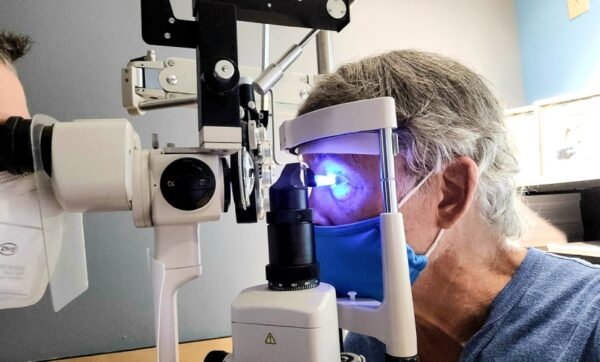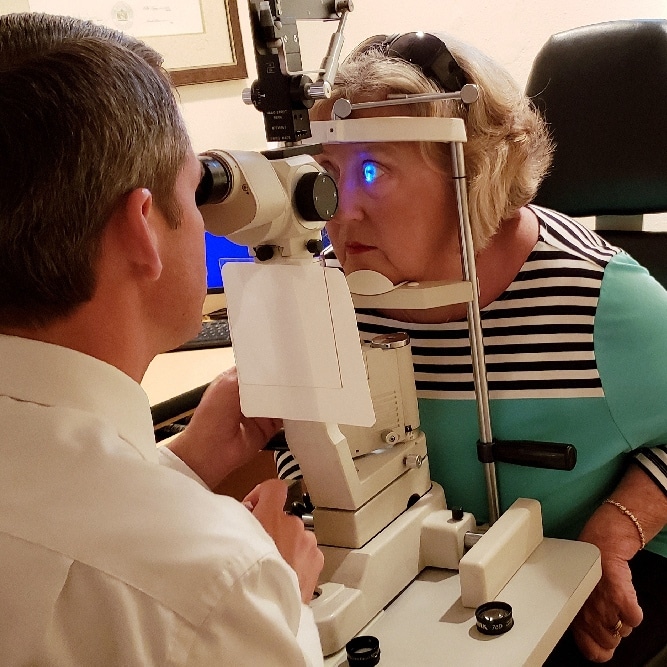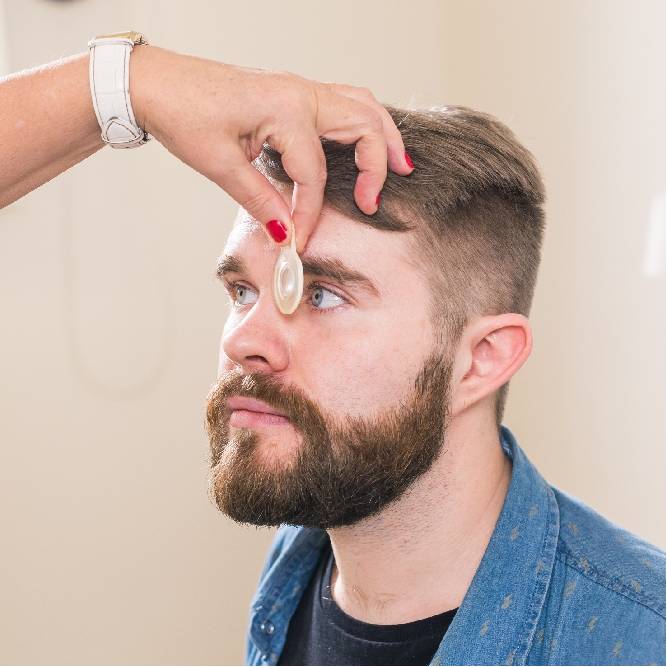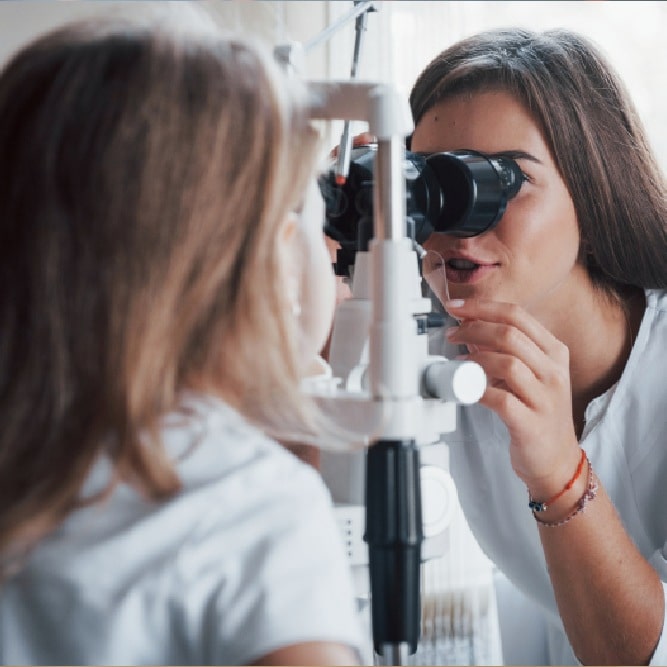Categories
Find out how cataract surgery today offers more options than ever to help you see clear.
Magruder Laser Vision (Orlando Florida) ophthalmology specialist now has a co-development arrangement with iOR Partners, a national company that has over 25 years of experience in construction, staffing, and training, to build their office-based surgery center.
After years of stable, clear vision, are you now experiencing issues with glare and blurry vision? Your decline in vision may be from normal aging of the lens called - Dysfunctional Lens Syndrome, or DLS.
Less than 30 years ago, Americans had no choice when their vision became presbyopic; their doctors prescribed “readers”, or bifocals, to correct their vision. The staff at Magruder Laser Vision wants you to know that this condition is now treatable with a number of outpatient vision correction procedures that will make your life easier.
Learn what eye conditions should keep you on the ground and which won’t interfere with air travel.
Learn about the common misconceptions of cataracts. We break down the five most common myths.
If you're in your 20s or 30s, you probably don't spend much time thinking about your eye health. But this is the exactly the time you should be acting to preserve your vision. Most vision problems are preventable with simple good-health habits.
Magruder Laser Vision and the American Academy of Ophthalmology urge you to protect your eyes from the sun’s damaging UV rays.
Other than having to start wearing reading glasses when we’ve reached a “certain age,” the most traumatic impact aging will have on our eyes is the development of cataract. As we live longer lives, it is a safe estimation that more than half of the population will have developed at least one cataract by the age of 80.









